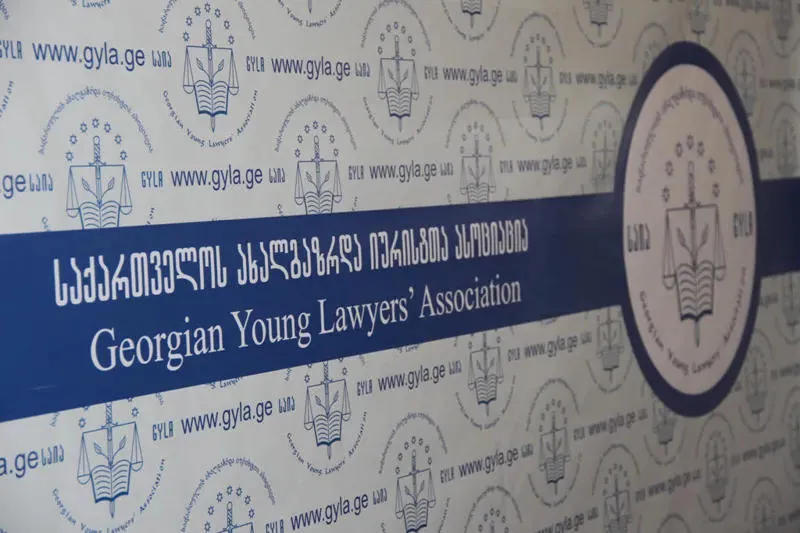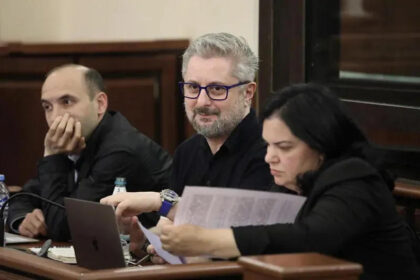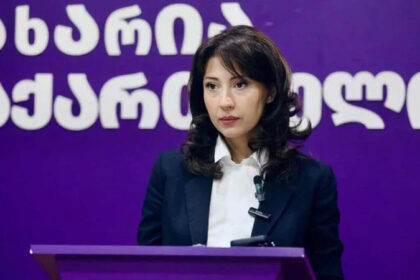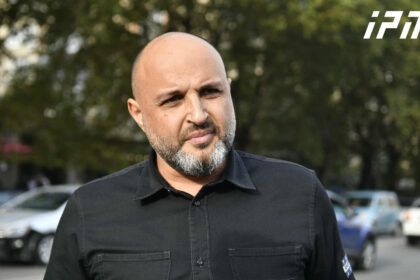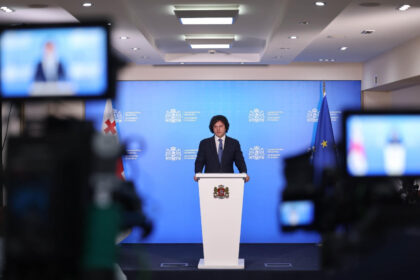**Georgian Dream’s Reforms Spark Alarm: Young Lawyers’ Association Condemns Amendments to Freedom of Speech Law**
The Georgian government’s latest move has been met with fierce opposition from the Young Lawyers’ Association (GYLA). The group has denounced amendments to the “Law on Freedom of Speech and Expression” as repressive, warning that they will severely curtail citizens’ ability to express themselves freely.
According to GYLA, the changes are part of Georgian Dream’s broader strategy to restrict freedom of expression, political discourse, pluralism, media, and civil space. The association notes that previous policies, such as the unconstitutional changes to the Broadcasting Law and administrative sanctions for online comments, have already had a chilling effect on free speech.
**Freedom of Expression Under Attack**
The amendments, which were hastily adopted by the Georgian Parliament on June 27, remove significant guarantees of freedom of expression. Most notably, they abolish the qualified privilege, shifting the burden of proof in defamation cases from the plaintiff to the respondent. This change will effectively create a “presumption of falsity” and encourage Strategic Lawsuits Against Public Participation (SLAPP), where courts often impose burdensome standards on the defense.
“This is a direct attack on the very foundation of democratic pluralism,” said GYLA, citing international legal standards that protect speech concerning public figures and matters of public interest. “Removing qualified privilege contradicts constitutional and international standards protecting freedom of expression.”
**Retroactive Application Raises Concerns**
The amendments also apply retroactively to acts committed within 100 days before adoption, violating the principle of legal certainty. GYLA argues that this change poses a chilling effect on expression, as people cannot reasonably anticipate what actions might become punishable or how their prior actions may be judged.
**A Threat to Press Freedom and Transparency**
The weakening of protections for confidential sources and professional secrecy is particularly alarming, said GYLA. “In democratic societies, exposing government or official wrongdoing—even when based on confidential or classified information—is crucial for public oversight,” the association noted.
“This change leaves journalists vulnerable, particularly when reporting on corruption or misconduct—thus undermining transparency and accountability.”
**A Call to Action**
GYLA’s critique is clear: these amendments represent a severe threat to freedom of expression in Georgia. The association urges citizens, media outlets, and international partners to take notice and speak out against this repressive policy.
As the situation continues to unfold, one thing is certain: the young lawyers’ association will not back down in its fight for a free and open society.
Read More @ www.interpressnews.ge




